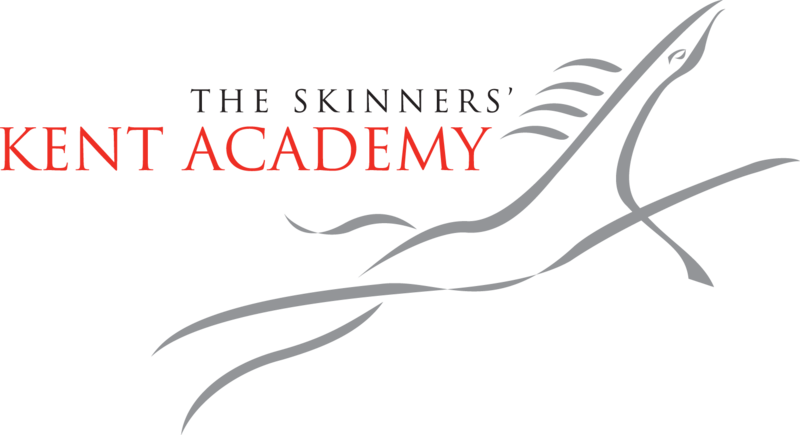Physics is the most fundamental of the experimental sciences, as it seeks to explain the universe itself from the very smallest particles to the vast distances between galaxies. Despite the exciting and extraordinary development of ideas throughout the history of physics, observations remain essential to the very core of the subject. Models are developed to try to understand observations, and these themselves can become theories that attempt to explain the observations. Through studying a science subject students should become aware of how scientists work and communicate with each other. While the scientific method may take on a wide variety of forms, the emphasis is on a practical approach. In addition, through the overarching theme of the “Nature of Science” this knowledge and skills will be put into the context of the way science and scientists work in the 21st Century and the ethical debates and limitations of creative scientific endeavour.
Minimum of GCSE grade 5 in Mathematics (higher paper) and a grade 6 in Physics or a 7,7 in combined science
About Education Provider
| Region | South East |
| Local Authority | Kent |
| Ofsted Rating | Good |
| Gender Type | Co-Educational |
| Address | Sandown Park, Tunbridge Wells, TN2 4PY |
Physics is the most fundamental of the experimental sciences, as it seeks to explain the universe itself from the very smallest particles to the vast distances between galaxies. Despite the exciting and extraordinary development of ideas throughout the history of physics, observations remain essential to the very core of the subject. Models are developed to try to understand observations, and these themselves can become theories that attempt to explain the observations. Through studying a science subject students should become aware of how scientists work and communicate with each other. While the scientific method may take on a wide variety of forms, the emphasis is on a practical approach. In addition, through the overarching theme of the “Nature of Science” this knowledge and skills will be put into the context of the way science and scientists work in the 21st Century and the ethical debates and limitations of creative scientific endeavour.
Minimum of GCSE grade 5 in Mathematics (higher paper) and a grade 6 in Physics or a 7,7 in combined science
